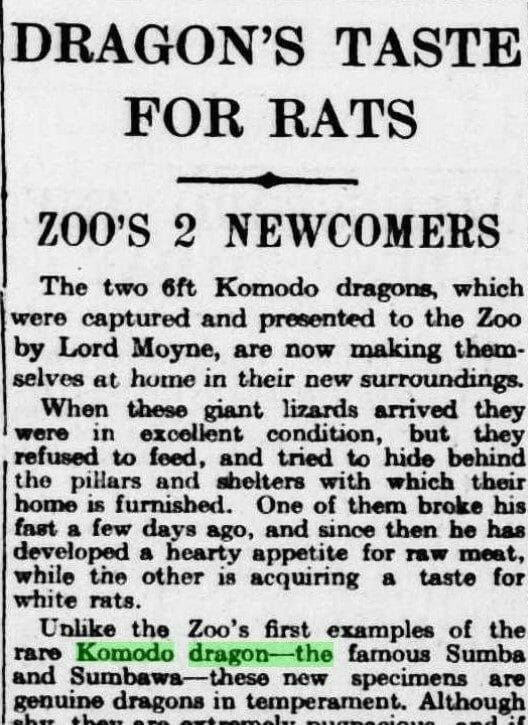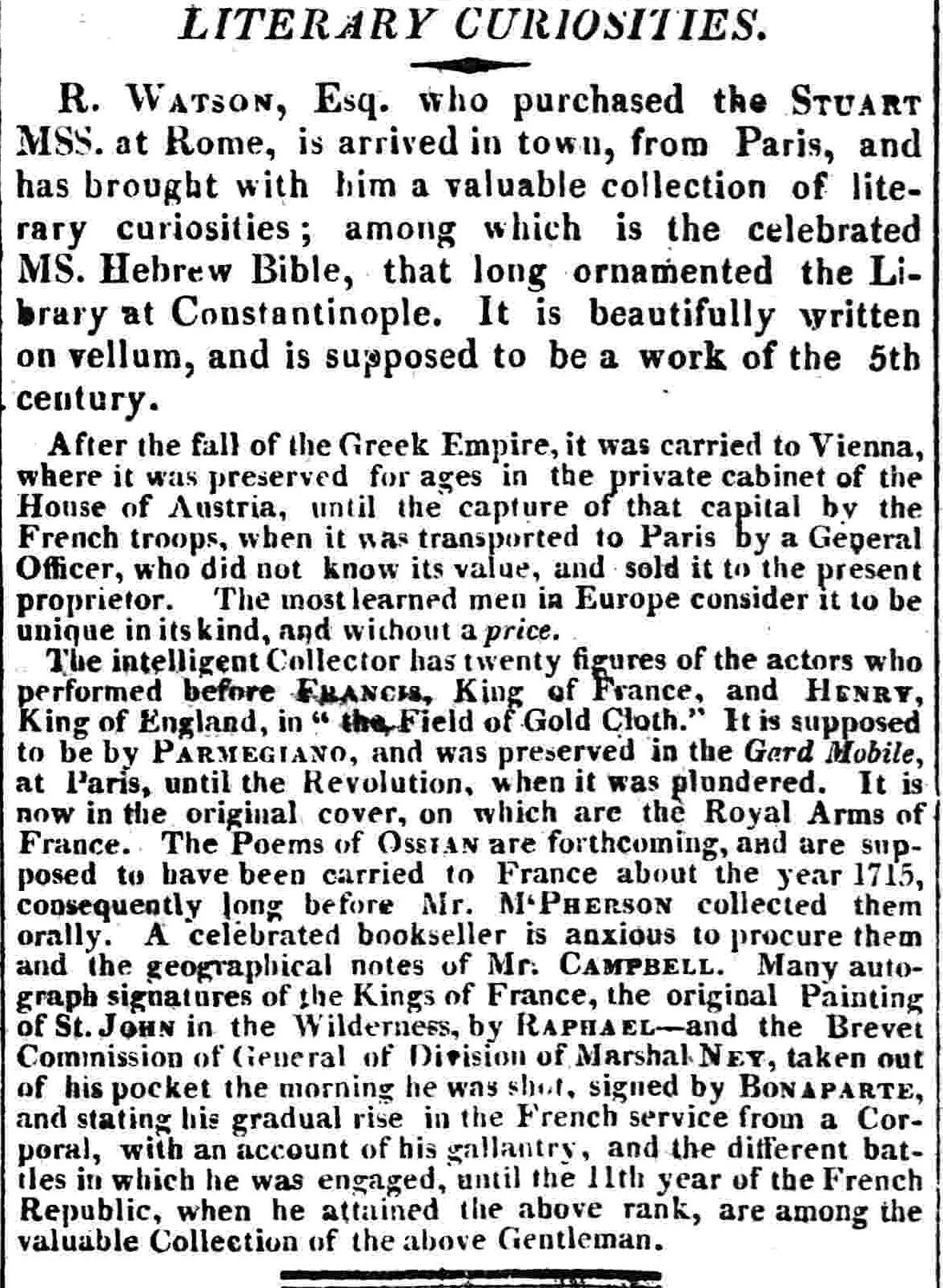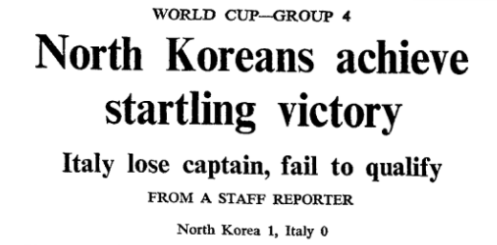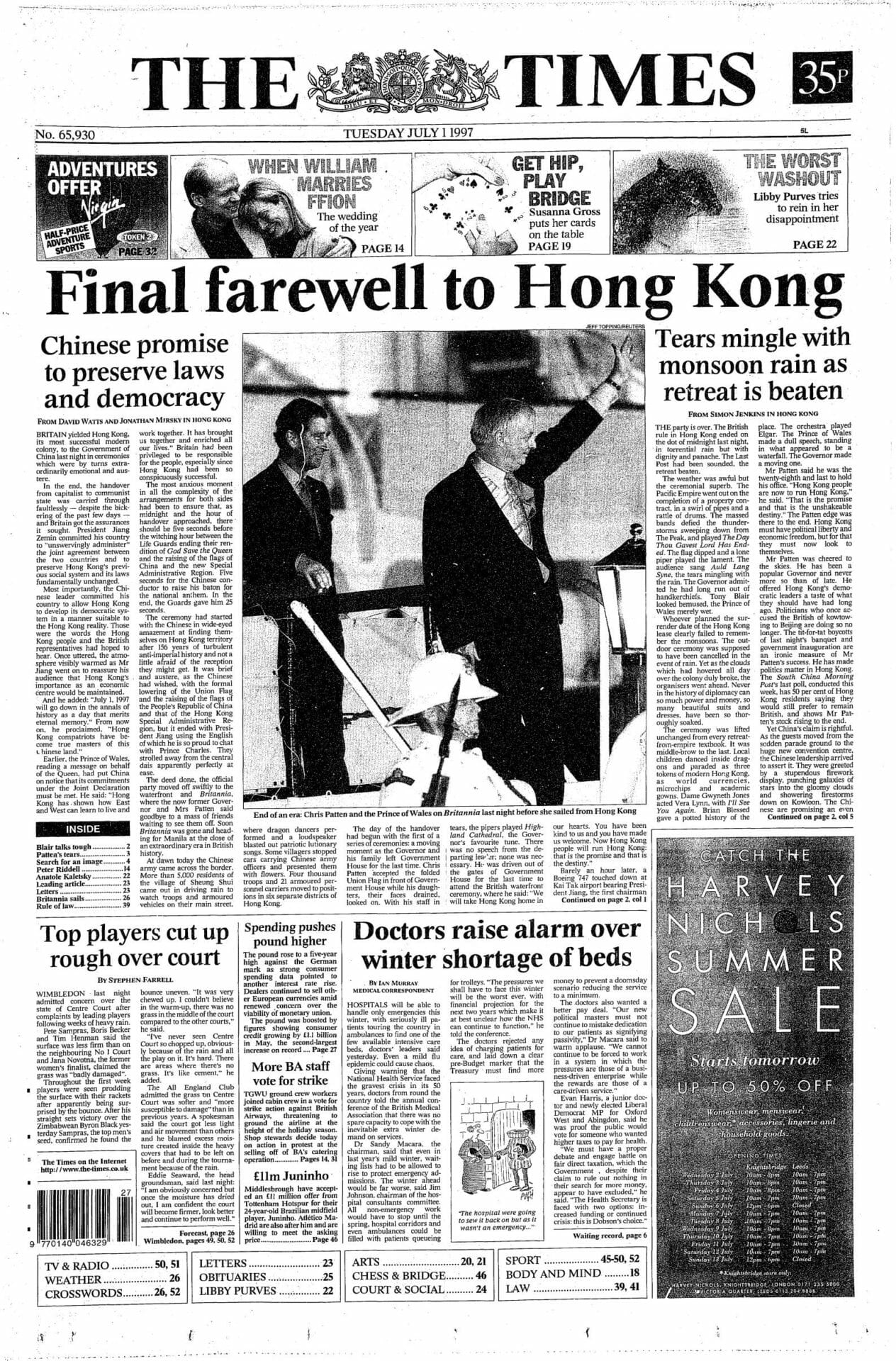Por Paula Maher Martin, Gale Ambassador en la Universidad NUI Galway
Para leer esta publicación de blog en inglés, haga clic aquí.
Como “un miembro de la ‘Generación perdida’ o una encarnación de juventud y belleza (condenada a desvanecerse)”, así retrató a Francis Scott Fitzgerald el The Times Literary Supplement en 1958. Consolidado como una figura mítica a lo largo del siglo XX, su escritura se sobrepuso con su personaje y reverberó con espumoso champán y caricias de jazz: la dulce indolencia de los años 20. Su primera novela A este lado del paraíso, publicada en 1920, pronto se convirtió en un best-seller. De acuerdo a The Times, en 1921 Fitzgerald ya había vendido 75,000 copias de su opera prima.










